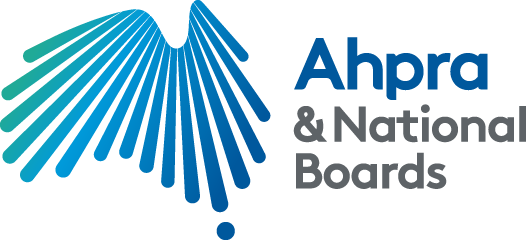Close
We're sorry our phones are busy :
We are currently dealing with higher than normal call volumes due to nursing and midwifery renewals. There may be times when our line is temporarily engaged. From 8 May, our operating hours will be extended (8am to 8pm AEST). Please try again later.
National health practitioner boards
Close
Look up a health practitioner
Close
Check if your health practitioner is qualified, registered and their current registration status
Health Profession
- All
- Aboriginal and Torres Strait Islander Health Practitioner
- Chinese Medicine Practitioner
- Chiropractor
- Dental Practitioner
- Medical Practitioner
- Medical Radiation Practitioner
- Midwife
- Nurse
- Occupational Therapist
- Optometrist
- Osteopath
- Paramedic
- Pharmacist
- Physiotherapist
- Podiatrist
- Psychologist
All states and territories
- All states and territories
- ACT
- NSW
- NT
- QLD
- SA
- TAS
- VIC
- WA
Practitioners
Profession
Location
Please enter a search term
Page reviewed
14/10/2024
